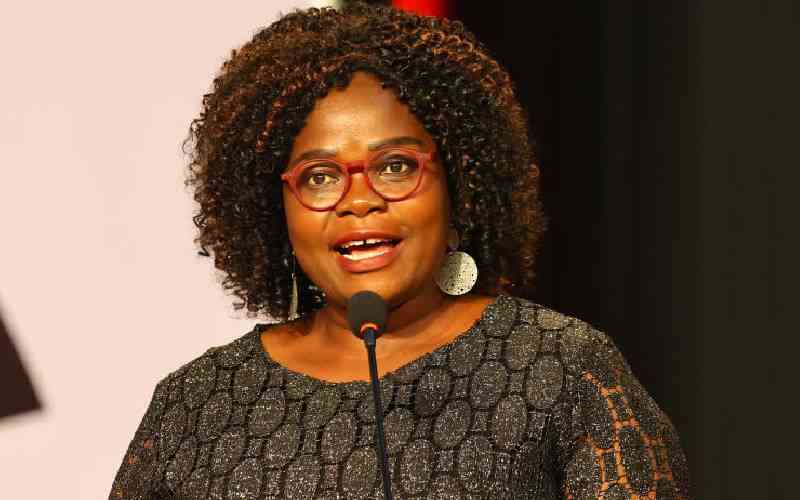×
The Standard e-Paper
Home To Bold Columnists

UN Women Country Representative Anna Mutavati. [Kelly Ayodi, Standard]
The work of grassroots activists, women's human rights defenders and survivor advocates remind us every day that ending violence against women must be a community, national and global priority.







